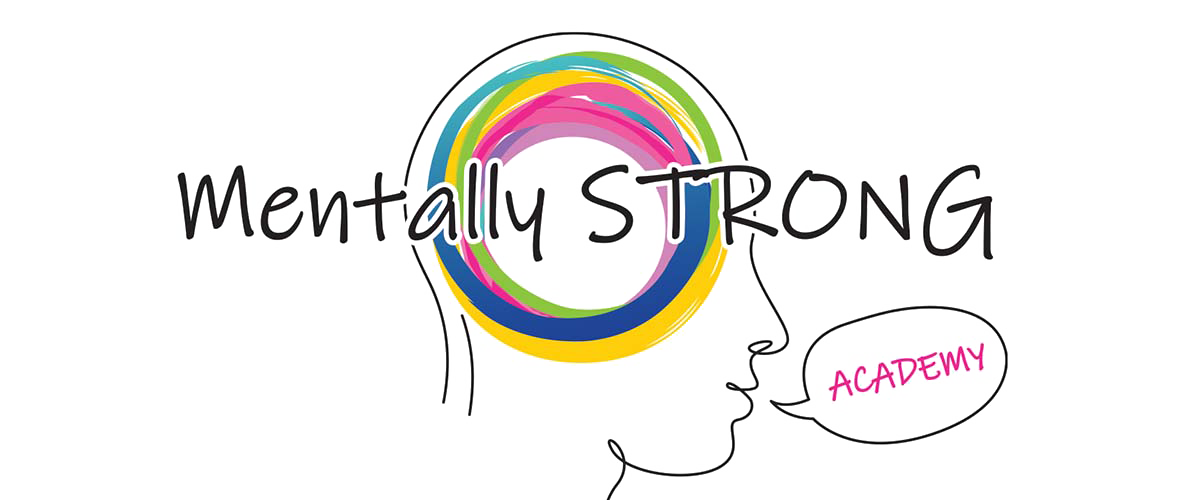Grief And Guilt: Coping With The Guilt Felt While Grieving A Loved One
Mentally STRONG’s website, podcasts, and YouTube videos make it evident that their team is very familiar with the experience of the grief and guilt that comes with losing a loved one. Although this time of year is usually a festive time of celebration and enjoying family, it can be challenging for thousands of people, including Dr. B, founder of Mentally STRONG. Experiencing grief due to the loss of a loved one is never easy, but it can be especially difficult during the holidays. This series on grief and guilt will include different types of grief that people may experience and healthy coping skills that can be used to find happiness despite difficult circumstances.
The anniversary of Dr. B’s son’s death is on October 30th, so she understands grieving during the holiday season. Her son Reggie passed away from DRPLA (Dentatorubral-Pallidoluysian Atrophy), a degenerative disease that causes cell atrophy in the brain. In 2005, she lost another son, Johnny, in a tragic drowning accident. As a part of her healing process, she made a conscious effort to continue taking care of herself. Dr. B wants to turn her pain into purpose. This series of grief and guilt will begin with learning how to cope with the guilt that is felt while grieving a loved one.
Coping with Grief and Guilt
Many people experience guilt, shame, anger, and regret when dealing with grief. The Mentally STRONG Method helps individuals separate these different emotions. Many people who experience grief also wrestle with the guilt of asking themselves: “Could I have done something differently?”, “What did I do wrong?”, “Could I have changed the outcome of that day?” Watch the video below to learn more about why Dr. B struggled with the guilt of Reggie’s death and some of the coping skills that she learned to help her stay Mentally STRONG:
People who may have similar stories of struggling with guilt after losing a loved one may feel like it was their fault or like they made the wrong decision in the heat of the moment. It is important that they forgive themselves. Below are some coping skills that can be used to help heal when experiencing grief and guilt:
- Understand that guilt is a normal response to grief. Do not allow anyone to minimize or invalidate the feeling of guilt.
- Think about the why behind the feeling of guilt. Thoughts of guilt can consume people, but is the guilt rational or irrational? Was the wrong decision really made? Could something have been done differently? Understanding where the guilt is coming from will help people to manage it.
- Acknowledge the guilt, forgive, and move forward. The guilt people feel is sometimes irrational. Acknowledge that even if they feel guilty, it doesn’t mean they are actually guilty. On the other hand, sometimes the feelings of grief are rational and there is something that could have been done differently. Self-forgiveness will be needed to fully heal and move forward.
- Turn the negative into the positive. B wants to turn her pain into purpose by using her experience to help others learn about how to cope with the guilt that often accompanies grief. People are able to turn their negative pain into something positive by being there for friends, loved ones, or colleagues that are experiencing similar situations.
Learn How to Separate Grief from Guilt with Mentally STRONG
It is important to separate the feelings of grief from the feelings of guilt, so people are able to address them separately. Although everyone handles grief and guilt differently, the Mentally STRONG Method can provide skills to help cope with guilt and grief in a healthy way so they can live happier, healthier, and Mentally STRONGer lives!
Interested in learning more? Contact Mentally STRONG to learn The Mentally STRONG Method can help you cope with grief and guilt.

